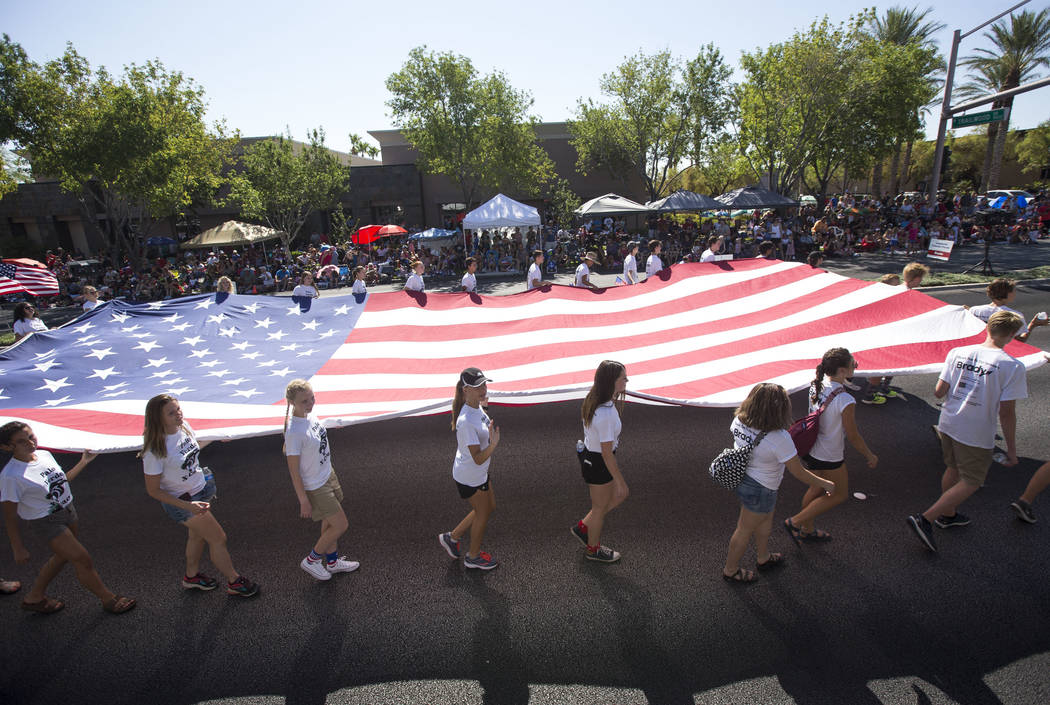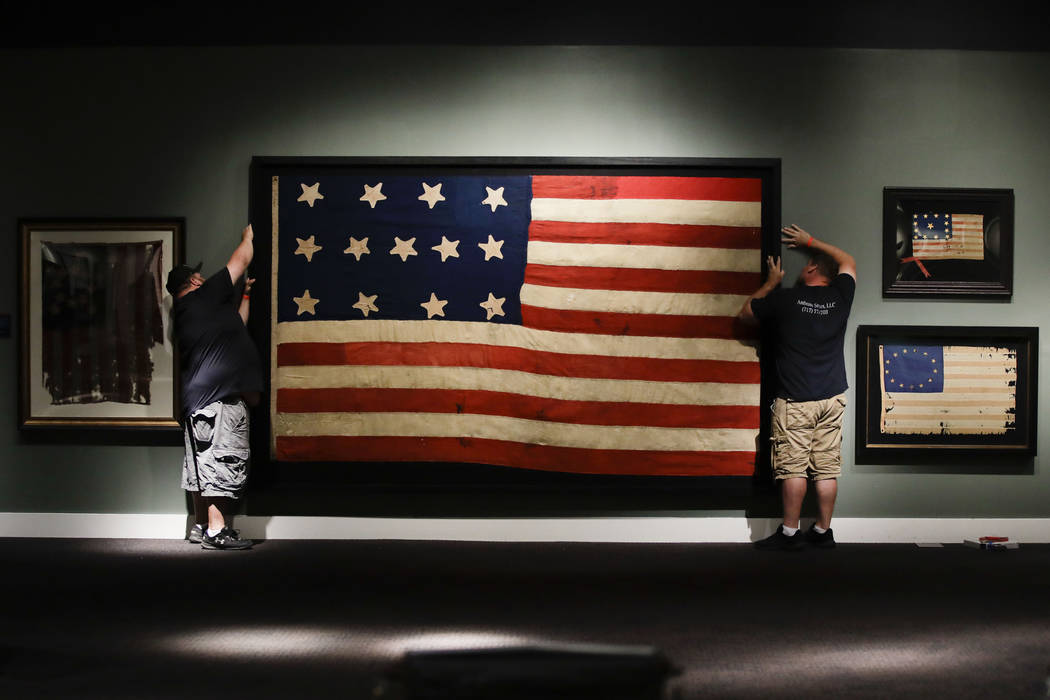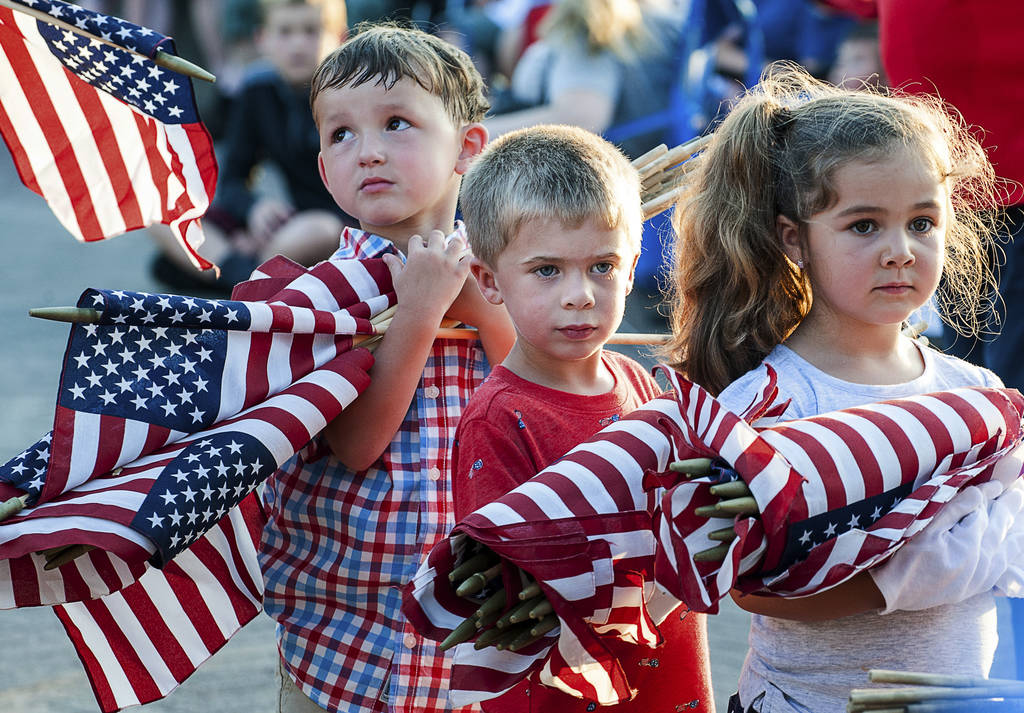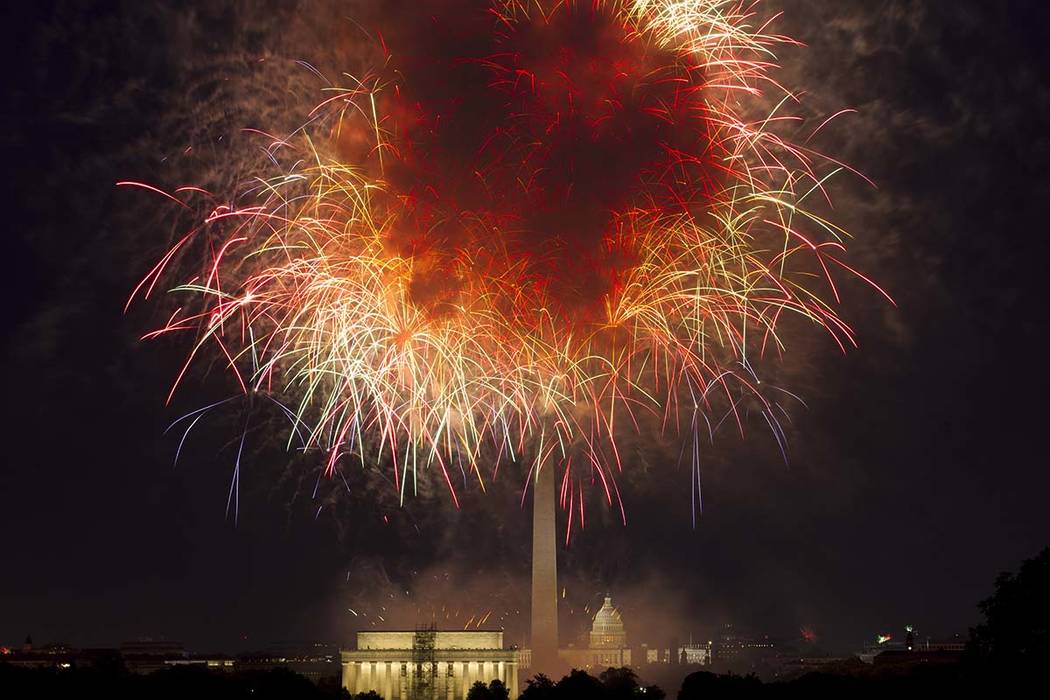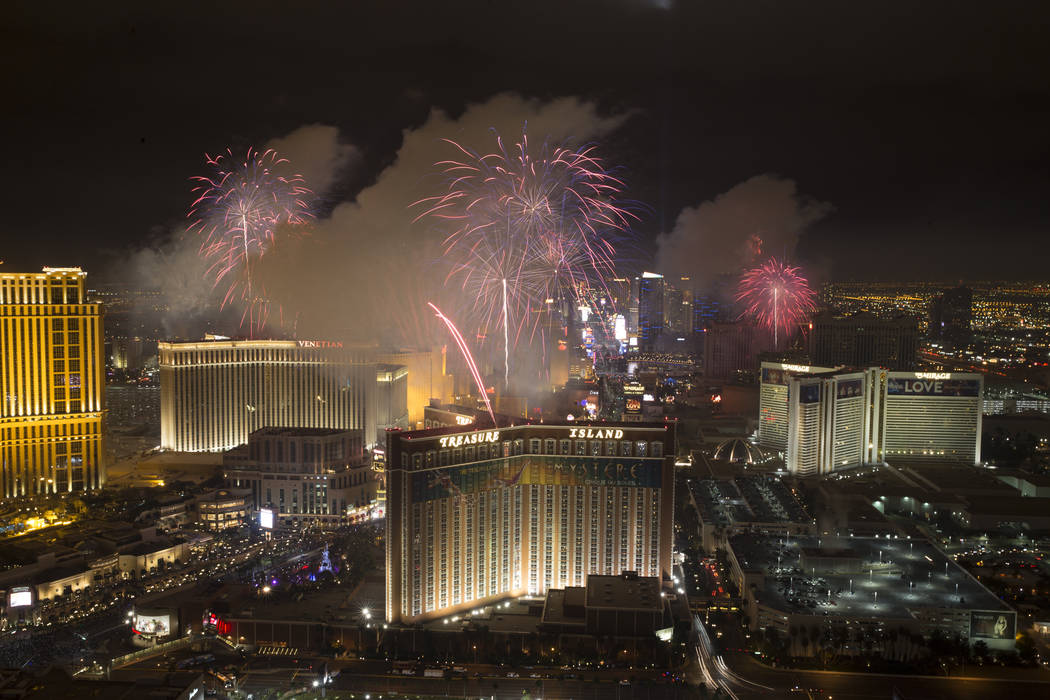VICTOR JOECKS: On Independence Day, a country divided on the meaning of freedom
As America celebrates its birthday as the “land of the free,” its citizens have two profoundly different ideas of freedom.
The Declaration of Independence contains the traditional American understanding of freedom.
“We hold these truths to be self-evident, that all men are created equal, that they are endowed by their Creator with certain unalienable Rights, that among these are Life, Liberty and the pursuit of Happiness,” the Declaration reads.
Under this definition of freedom, people have tremendous latitude in how they act, but there is a notable restriction. You can’t do something that would limit another’s “life, liberty and pursuit of happiness.”
There was a problem, however. The Founding Fathers didn’t apply these “self-evident” truths to everyone. Millions of African-Americans were subjected to the horrors of chattel slavery. Abolitionists, such as Frederick Douglass, identified this hypocrisy.
“Are the great principles of political freedom and of natural justice, embodied in that Declaration of Independence, extended to us?” Douglass asked on July 4, 1852.
“Such is not the state of the case. I say it with a sad sense of the disparity between us. [I] am not included within the pale of this glorious anniversary! Your high independence only reveals the immeasurable distance between us.”
Douglass didn’t reject the Founders’ ideas of freedom. He rightly excoriated America for not living up to her own ideals.
More than 100 years later, Martin Luther King Jr. would once again appeal to those principles as he led the civil rights movement.
“Even though we face the difficulties of today and tomorrow, I still have a dream,” he said during his famous speech in 1963. “It is a dream deeply rooted in the American dream.
“I have a dream that one day this nation will rise up and live out the true meaning of its creed: ‘We hold these truths to be self-evident, that all men are created equal.’ … And if America is to be a great nation, this must become true.”
It used to be that the debate centered around not the meaning of freedom but to whom it applied. Today, however, the meaning of freedom is disputed.
“Are you truly free if you are unable to go to attend college or a trade school because your family lacks the income?” Democrat presidential candidate Sen. Bernie Sanders said last month. “Are you truly free if you are forced to work 60 or 80 hours a week because you can’t find a job that pays a living wage? … To me, the answer to those questions, in the wealthiest nation on earth, is no, you are not free.”
To the Founding Fathers, Douglass and King, freedom was the ability to do what you wanted, so long as you don’t infringe on the rights of others. To Sanders, freedom is the ability to get things you want, even if the government has to take from others to pay for them.
Americans are united in their celebration of freedom. But we are divided on what it means to be free.
Victor Joecks’ column appears in the Opinion section each Sunday, Wednesday and Friday. Contact him at vjoecks@reviewjournal.com or 702-383-4698. Follow @victorjoecks on Twitter.



